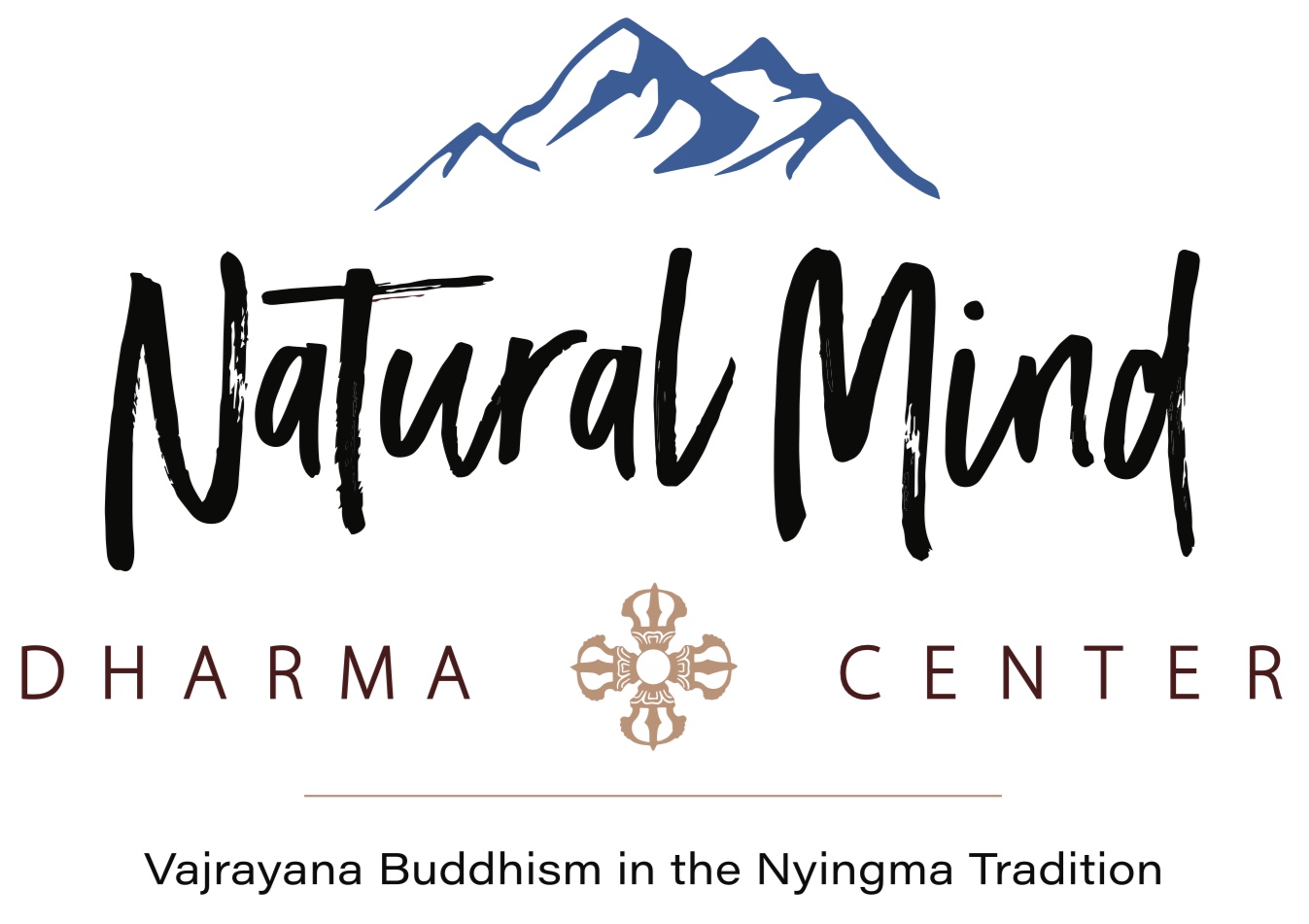Esoteric to Practical
Sometimes what we call Buddhism seems so esoteric that we wonder about practical application. From an absolute point of view, we absolutely know how to apply the teachings. We simply love. We listen to the echos of suffering of the world and offer help where we can according to our capability. Buddhism is more about learning to listen than a ‘how to’ guide.
Having said that, we do have the six paramitas of generosity, helping-kindness, patience, diligence, mental focus, and wisdom. We study these transcendent qualities so they come to mind when necessary. But these qualities are not meant to be applied through sheer will. They have to be rooted in bodhicitta—compassionate awareness. Otherwise, they may not be very skillful or helpful.
This is why my teachers always emphasized accomplishing our lineage practices that help reawaken us to our Buddha mind. When we catch a glimpse of our true awakened nature, the paramitas seem obvious. They are natural ways through which we reach out to help ease the suffering of the world and therefore lighten our own suffering.
We are taught from a young age to do good things to help others but not how to rediscover proper intention and motivation. But if we are broken inside, telling us to do good things may actually increase our suffering. Better to heal what is broken. When Buddha had his awakening, he experienced a great healing. He mended the illusory schism between self and other and experienced unconditional love.
All Buddha’s teachings come from this realization—including the paramitas. What could be more practical?
